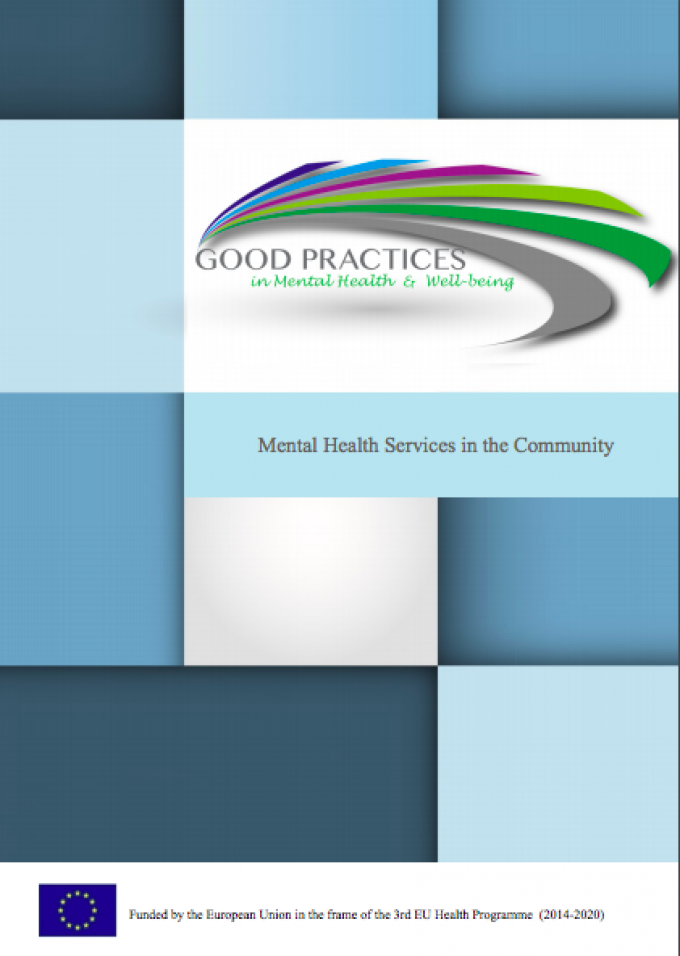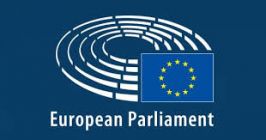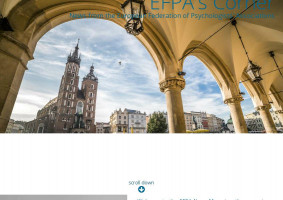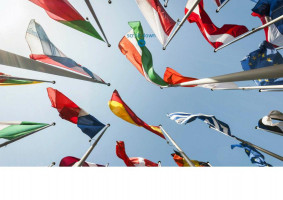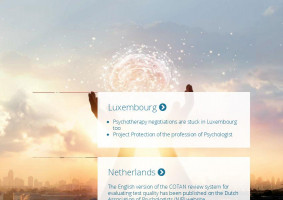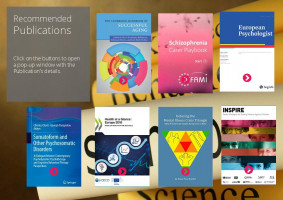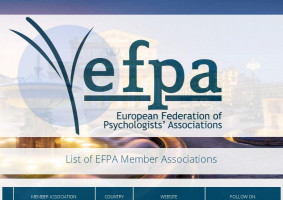Help make it a healthy turnout for the EU elections!
European Commission DG SANTE - Interview with Director General Anne Bucher
Anne Bucher, Director-General of DG SANTE (Directorate-General for Health and Food Safety) discusses how the new European Parliament, with elections being held across the EU between 23 and 26 May 2019, will have an impact on EU policies including on Health and, most of all, on citizens lives. The European Parliament is the only EU institution whose representatives are directly elected by the people. So these elections, held every five years, give EU citizens the opportunity to help shape the future of the EU.
What’s the connection between the EU elections and health?
Voting is the cornerstone of democracy. The new European Parliament will have a big influence in many aspects of our life, including health.
In the last five years, the Parliament has been a strong voice calling for an ambitious EU health policy that makes a difference. This was done by emphasising the need to tackle antimicrobial resistance, calling for action to ensure affordable access to essential medicines and by supporting and adopting important legislation proposed by the Commission on Health Technology Assessment and veterinary medicines. The EU also continues to set safety standards that protect citizens, for example through the General Food Law.
Moreover, Members of the European Parliament (MEPs) are also important ambassadors for the EU. When facing their constituencies back home, they explain how important it is to cooperate across Member States, especially in the field of health. Whether this will continue to be the case in the new Parliament is up to voters. That's why it is important that citizens use their vote to influence our future.
Please read the full version of the interview here
Competent Authorities inside Europe
Most of the 37 EFPA Member Associations have legal recognition of the title psychologist, and many countries also have legal protection of the profession.
This means that the legal authority has defined requirements which entitle the person to use the title psychologist. The legal entity with the powers to define and legislate over the title and the entitlement to work as a psychologist is called the ‘competent authority'. (source: EU Single Market - Regulated professions database).
This is usually either a government Ministry or a professional organisation with legal powers and responsibilities. Competent authorities are responsible to take a decision when a professional from another member state wants to practise this regulated profession. In case of provision of service, the declaration must be sent to this authority prior to the provisioning of services.
On the website of EuroPsy, you find the list of the actual 22 countries that are delivering the EuroPsy Certificate and the legal situation for psychologists. For more information in other countries you can consult the European Commission Regulated Professions Database in the EU member states + Iceland, Norway, Liechtenstein and Switzerland available on the website of the European Commission.

Check your profession in the Regulated professions database with the comparison tool on the website of EU Single Market
Mental Health Services in the Community
Many European countries address mental health concerns and promote mental well-being through specialised programmes and practices which focus on, but are not limited to, community-based and more accessible mental health services.
While these programmes and practices may benefit various stakeholders involved in mental healthcare, there is not currently a systematic method of disseminating quality, practical information about good practices in mental health for use by other stakeholders within Europe.
The EU Compass for Action on Mental Health and Well-being addresses this gap through a variety of means, including this brochure.
Each year, a brochure with examples of good practices is published.
The 2018 EU Compass for Action on Mental Health and Well-being Good Practices Brochure focuses on community-based mental health services and on more accessible mental health services. It contains programmatic information about European good practices in mental health and well-being which has been evaluated by experts.
A brief summary of each practice, its addressed priority areas, the lessons learned, and recommendations to future adopters can be found within this brochure. As well, further information about each practice can be found on the practice’s website. During the yearly Compass Forum on Mental Health and Well-being, representatives from Member States and other stakeholders discuss mental health and well-being priority topics, including Good Practices, lessons’ learned from others, and consensus papers that reflect the latest scientific knowledge.
More information
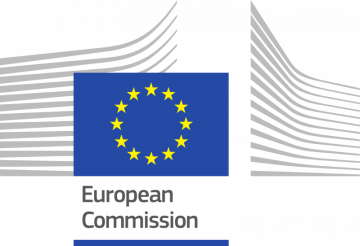
Shopping around... for Mental Health best practices!
The Marketplace organised by the European Commission’s Steering Group for Health Prevention and Promotion showcases tried and tested practices in various health fields that can be rolled out on a larger scale in interested member states.
Irene Norstedt (IN), Acting Director for Health research at the Commission’s Directorate General for Research and Innovation, and John F. Ryan (JFR) Director of Public Health at the Directorate General for Health and Food Safety, talk about the Third Marketplace of Best Practices in Ispra, Italy, which was organised by the Steering Group on Prevention and Promotion on May 14-15, 2019. This year’s best practices focused on mental health.
What is DG Sante’s and RTD’s involvement in Mental Health?
JFR: WHO estimates that 1 in 5 people have experienced some mental health issues. It should not be something that is considered unusual and taboo; mental health is a part of health, full stop. Recognising the importance of promoting good mental and physical health, the European Commission has been active in the field of mental health for many decades and has funded research projects and other initiatives like campaigns against cyber-bullying and raising awareness about depression and suicide. >>
_w788_h436_1.png)
IN: The Commission has been supporting mental health research through its Framework programmes. For instance, in H2020 in the last five years we have invested close to €3.2 billion on brain research, of which €615 million on mental health disorders. The latter focuses on better ways of promoting mental health as well as preventing, diagnosing and managing mental illness, including research on effective new e-tools and care models. But this is not enough.
We know that mental illness remains a serious health problem in Europe and beyond and that many people don´t have access to the best possible care. That’s why we are teaming up with the Commission’s Directorate General for Health and Food Safety and will the Joint Research Centre. We believe our research can help improve this situation by providing evidence that can be shared with Member States.
Source: Health-EU newsletter 234
_w490_h320_1.jpg)
Addressing digital health literacy is essential to avoid widening health inequalities
1. Digital health literacy (or eHealth literacy) is the ability to seek, find, understand, and appraise health information from electronic sources and apply the knowledge gained to addressing or solving a health problem.
2. Eight of the 10 health-related consultations on health information were performed on search engines like Google, Yahoo or Bing, and one out of 20 searches on Google is related to health.
3. The increasing number of users on social media, the frequency of use, and the interaction they generate have favored health interactions, including health promotion.
4. Health institutions play a key role in facilitating reliable and trustworthy health information within a context in which anyone can post health-related information
March 2019: In a step towards ensuring that the development of digital health leaves no one behind and benefits the most vulnerable, EuroHealthNet and the Portuguese Directorate-General of Health have drawn conclusions on how national public health bodies can strengthen digital health literacy following an expert meeting.
The growth of digital health is rapid and unstoppable. It brings many advantages, but threatens to exacerbate existing health inequalities experienced by people who have lower levels of digital health literacy. >>

Recognising the sense of urgency to advance digital health literacy as a means to improve health for all, the participating experts encourage leadership to implement the following recommendations:
The future is happening now! Increase awareness about digital health literacy; advance capacity building and training of health professionals in this area;
Include co-creation with citizens from different backgrounds as part of guidelines for the design, implementation and evaluation of digital health solutions;
Provide an approach to enable inclusive digital health solutions to be taken up widely across Europe, develop an EU Joint Action on Digital Health Literacy, a knowledge hub to share results and facilitate networking and learning;
Create a framework and guidelines for health equity impact assessment and cost effectiveness of digital health services. Design a repository for easy to use, effective and reliable eHealth tools;
Develop EU regulation on search engines; monitor the commercial determinants of health on the internet and select the appropriate type of regulations;
Download the presentation here
With courtesy of EuroHealthNet.
Blogs & newsletters
Here is a list of interesting blogs to follow and newsletters to subscribe to:
Clinical Psychology in Europe
Health and Care Professions Council (UK)
European Commission Public Health-EU: e-newsletter
International Association of Medical Regulatory Authorities (IAMRA)
European Parliament IMCO (Internal Market Committee)
United Kingdom: Professional Standards Authority (UK)
European Social Network ESN
Ireland: CORU Regulating Health + Social Care Professionals (Ireland)
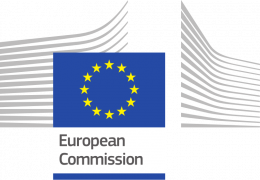
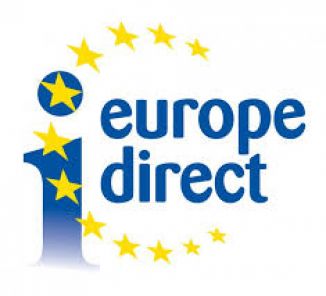
In person:
All over the European Union there are hundreds of Europe Direct information centres. You can find the address of the centre nearest you at: https://europa.eu/european-union/contact_en
On the phone or by email:
Europe Direct is a service that answers your questions about the European Union. You can contact this service:
by freephone: 00 800 6 7 8 9 10 11 (some operators may charge for these calls),
at the following standard number: +32 22999696 or
by email via: https://europa.eu/european-union/contact_en
EU publications
You can download or order free and priced EU publications here
Multiple copies of free publications may be obtained by contacting Europe Direct or your local information centre
EU law and related documents
For access to legal information from the EU, including all EU law since 1952 in all the official language versions, go to EUR-Lex at:
http://eur-lex.europa.eu
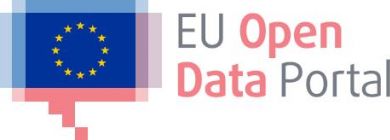
Open data from the EU
The EU Open Data Portal ( http://data.europa.eu/euodp/en)
provides access to datasets from the EU. Data can be downloaded and reused for free, for both commercial and non-commercial purposes.
_w484_h512_1.png)
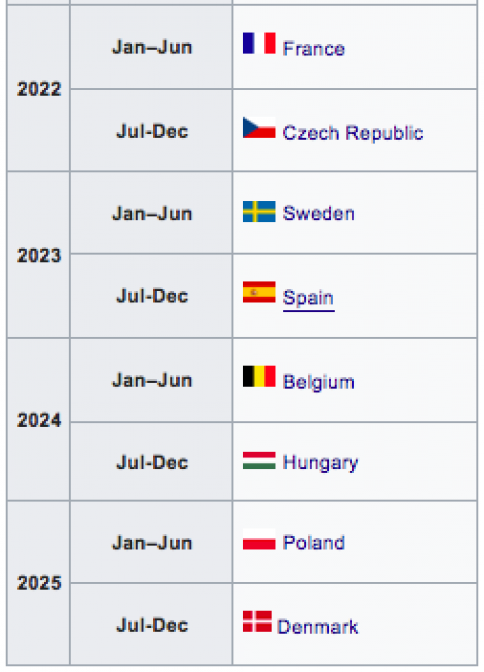
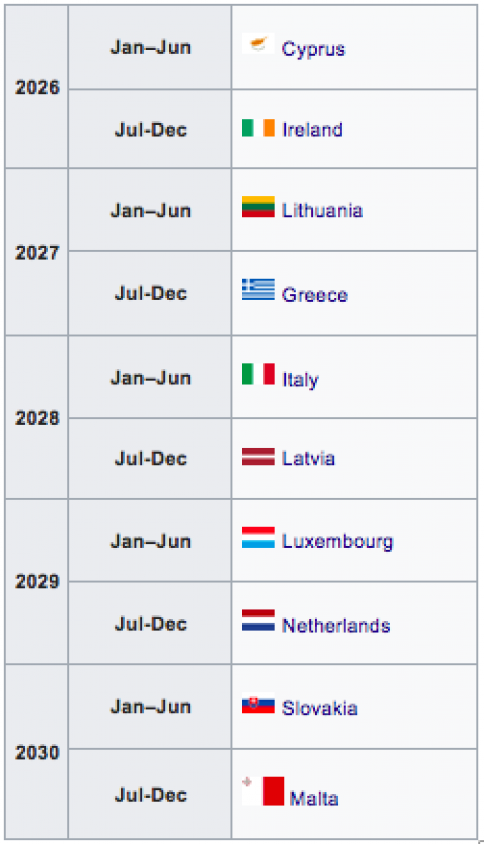
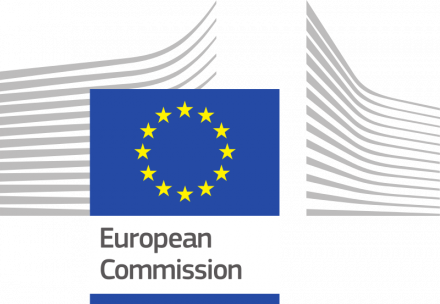
_w394_h460_1.png)
